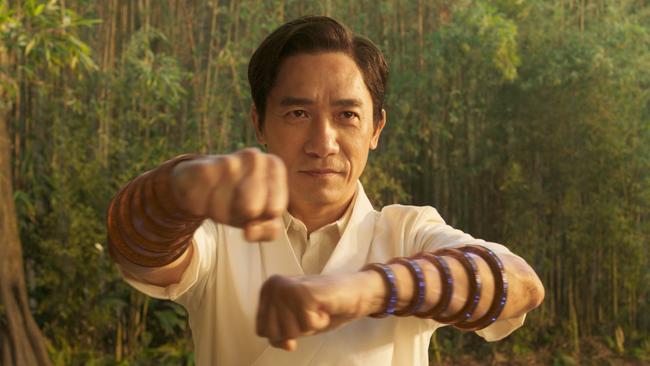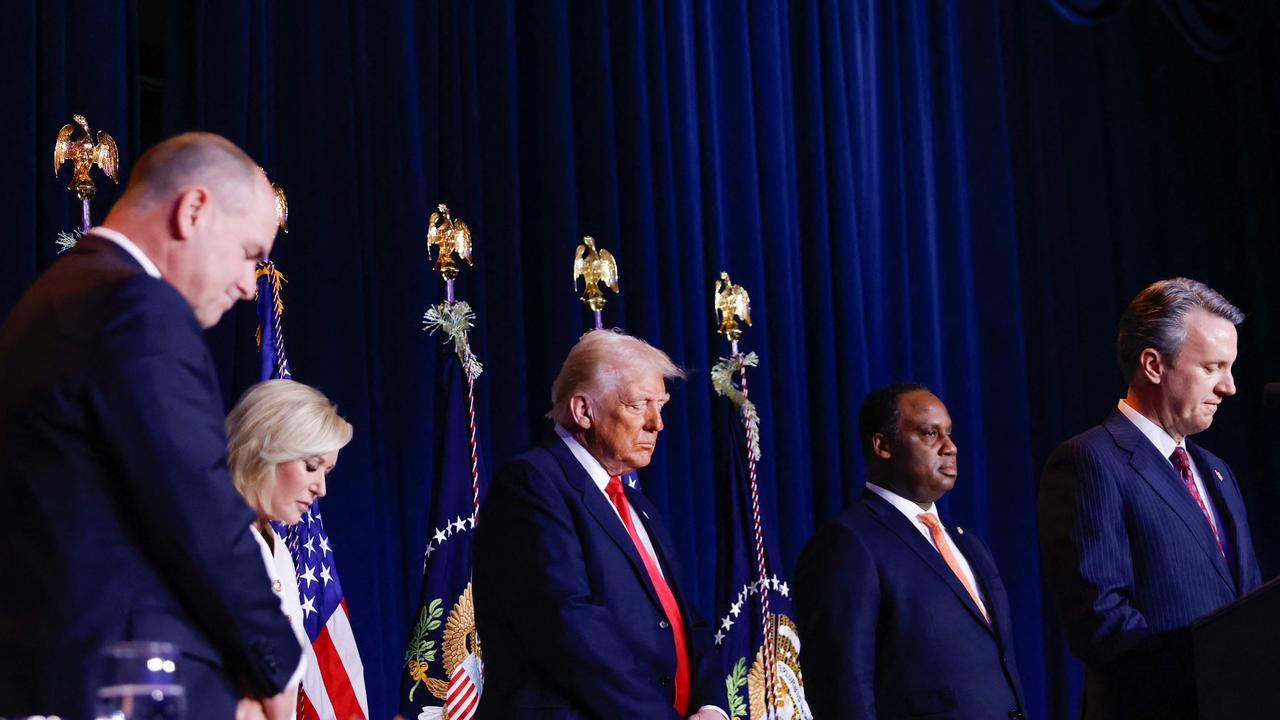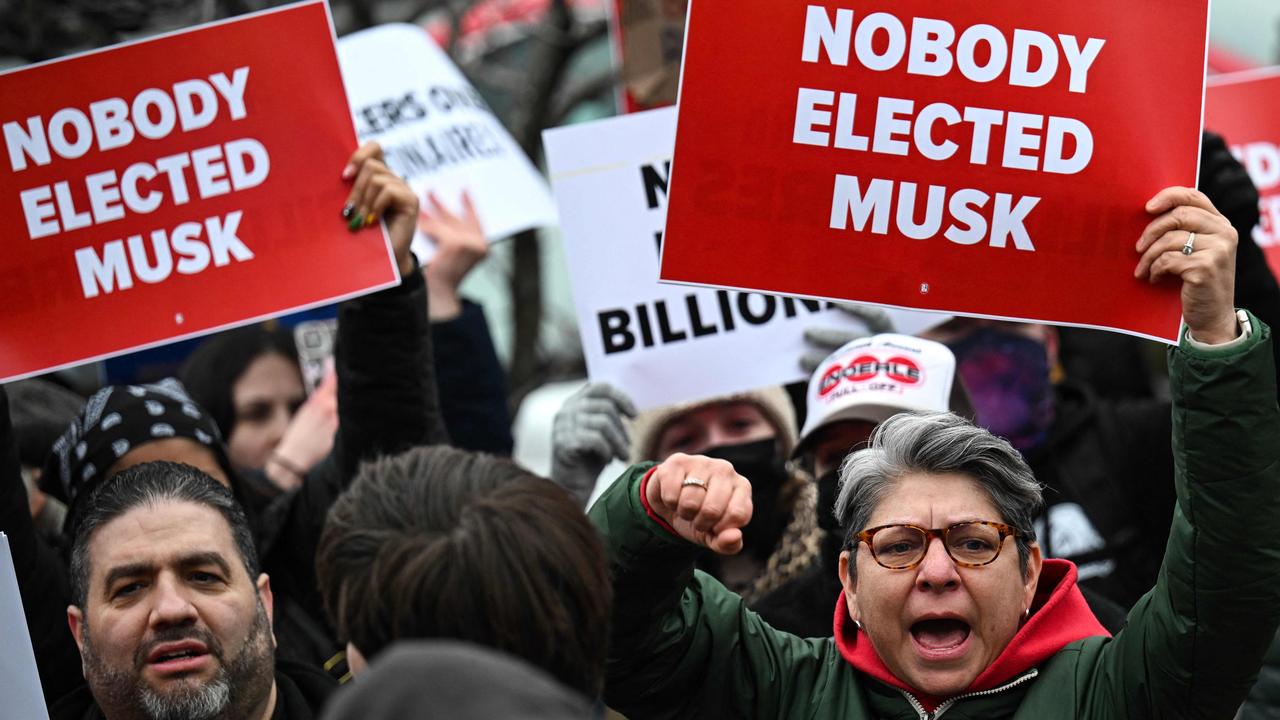Beijing’s censors set to ban Marvel’s Asian blockbuster Shang-Chi and the Legend of the Ten Rings
Looming above good reviews in the West, like a supervillain from another age, was the figure of Fu Manchu.

Introducing its latest blockbuster to Chinese audiences, Marvel Pictures could boast of an Asian-led cast, Mandarin dialogue and the Hong Kong actor Tony Leung in a leading role. US reviewers praised its sensitive handling of Chinese culture and hailed it as a breakthrough in Marvel’s comic universe.
Yet looming above these overtures, like a supervillain from another age, was the figure of Fu Manchu, created by a British author as “the yellow peril incarnate in one man”.
Shang-Chi and the Legend of the Ten Rings was expected to emulate Black Panther, which made $US1bn worldwide and won Marvel’s first Oscars. But the story is spun off from the series created by Sax Rohmer, who knew little of China and who filled his books with cliches from the “yellow peril” hysteria of early 20th century London.
This may explain why the first Marvel superhero film with a Chinese lead character appears to have been snubbed in China. Shang-Chi and the Legend of the Ten Rings was released on September 3 but China’s censors are yet to pass it, fuelling speculation that it may not be shown there, despite success in North America, where it made $US90m over the Labour Day weekend.
Though Fu Manchu does not appear, many Chinese believe the film can never disassociate itself from a figure seen as an embodiment of Western bias against China. He was portrayed as a stereotypical villain by white Britons such as Peter Sellers and Christopher Lee. Shi Wenxue, a film critic in Beijing, told the Global Times, a party-run newspaper: “Fu Manchu is a treacherous representation of the ‘yellow peril’ stereotype. Chinese audiences cannot accept a prejudiced character.”
Marvel replaced Fu Manchu with a new character, Xu Wenwu, played by Leung. In an interview with a Chinese critic last month, Kevin Feige, president of Marvel Pictures, said that Fu Manchu “is very offensive” and added that Wenwu “cannot even be called (a) villain”.
The choice of Liu Simu, a Chinese-Canadian born in China, angered some critics, who see him as “not Chinese enough”. Others argued that Liu, 32, has the looks of what Westerners consider to be Chinese and would only deepen stereotypes.
Marvel was accused of “whitewashing” the casting for its 2016 film Doctor Strange, featuring the Briton Tilda Swinton as the Ancient One, who in the original comics is portrayed as an East Asian man.
Many are unconvinced that foreigners can make a film about a Chinese superhero, arguing their understanding of the culture is superficial. Over the past decade, US studios have increasingly turned to the Chinese market — worth $US9bn last year. But Marvel’s trouble follows Disney’s failure in China last year with Mulan, its $US200m remake of the 1998 film. Despite a plot based on Chinese folklore and a mainly Chinese cast, it was criticised for its depictions of China, and shunned.
The Times


